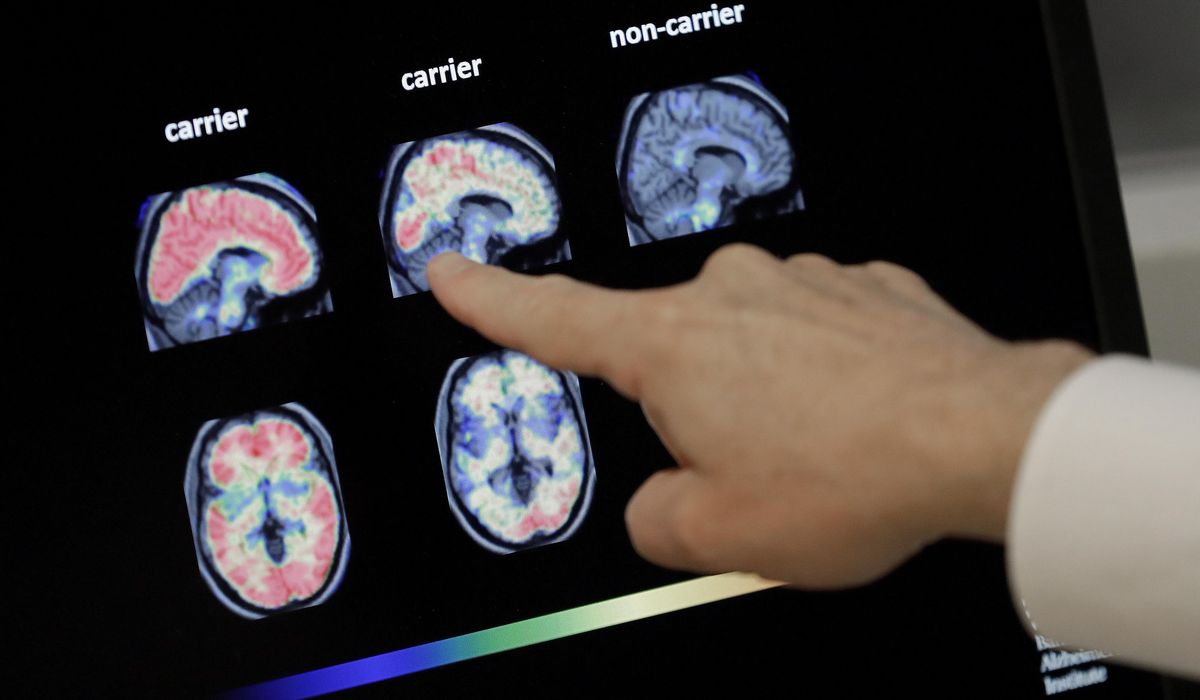


Dementia cases in America are projected to double by 2060, reaching approximately 1 million new cases annually, according to research published Monday in Nature Medicine.
The study reveals that people over 55 face up to a 40% lifetime risk of developing dementia, higher than previously estimated.
The research, led by Dr. Josef Coresh of NYU Langone Health, analyzed data from a long-term study tracking cognitive function in about 15,000 older adults. The findings show that while only 4% develop dementia between ages 55 and 75, the risk increases dramatically after 75 – reaching 20% by age 85 and 42% between 85 and 95.
Gender and racial disparities emerged in the analysis. Women face a 48% lifetime risk compared to 35% for men, primarily due to longer life expectancy. Black Americans show a slightly elevated risk at 44% compared to 41% for white Americans.
While age remains the primary risk factor, experts emphasize that dementia isn’t an inevitable part of aging. Dr. James Galvin, an Alzheimer’s specialist at the University of Miami who wasn’t involved in the study, notes that various preventive measures can help reduce risk.
The research highlights the crucial role of midlife health management in preventing dementia. Key preventive strategies include controlling blood pressure, managing diabetes, maintaining cardiovascular health and protecting against brain injuries. Social engagement and addressing hearing loss are also identified as important factors in prevention.
Alzheimer’s disease, the most common form of dementia, can begin developing two decades before symptoms appear. Vascular dementia, caused by impaired blood flow to the brain, represents another significant type, and many patients experience a combination of both conditions.
These findings update previous estimates that suggested lower lifetime risks – approximately 14% for men and 23% for women. The substantial increase in projected cases underscores the growing public health challenge as the population ages.
Read more: Living longer can mean more dementia, but there are ways to reduce the risk
This article is written with the assistance of generative artificial intelligence based solely on Washington Times original reporting and wire services. For more information, please read our AI policy or contact Ann Wog, Managing Editor for Digital, at awog@washingtontimes.com
The Washington Times AI Ethics Newsroom Committee can be reached at aispotlight@washingtontimes.com.
